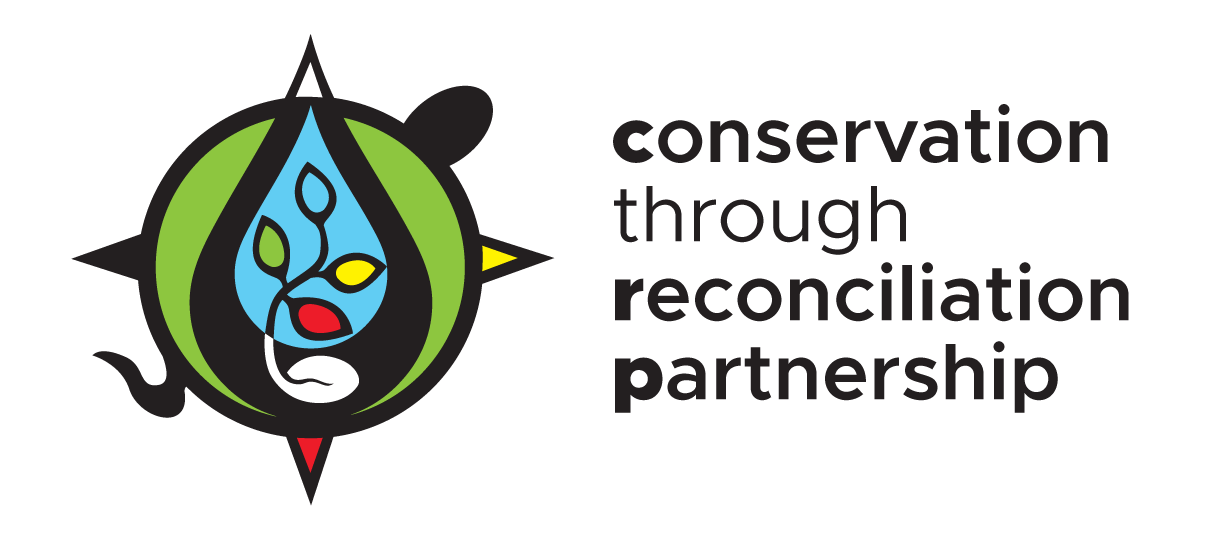Report: Respect and Responsibility: Integrating Indigenous Rights and Private Conservation in Canada
Prepared by:
Larry Innes (Olthuis Kleer Townshend LLP), Ian Attridge (Barrister and Solicitor; Trent University), and Skeena Lawson (Juris Doctor Candidate, University of Victoria.)
With support from the Nature Conservancy of Canada.
Date: November 9, 2021
Description: In Canada, land trusts, not-for-profit conservation organizations and government agencies have sought to ‘conserve private lands’ for their ecological, agricultural, recreational, or cultural value through acquiring ownership or other legal interests in land. Often termed ‘securement’, this process has a long and contentious history.
Despite creating significant public benefits, private land conservation has often occurred without a full appreciation and understanding of the impacts on Indigenous rights and title. Continuing to do so will further perpetuate unreconciled relationships among Indigenous Peoples, non-Indigenous peoples and public governments.
This report provides guidance for private land conservation organizations seeking to adapt their practices and build respectful and appropriate relationships with Indigenous Nations. It is also an important tool for conservation organizations seeking to understand the legal and policy landscape that frames key relationships with Indigenous communities in Canada and abroad.
This report concludes that there is no ethical basis for private land conservation organizations to operate as though Indigenous governments have no role in relation to private lands.
In fact, the starting point for decisions about the securement or management of private conservation lands is not whether there is a legal duty to consult, but rather, how to meaningfully engage with Indigenous governments and respect Indigenous jurisdiction. In this way, respectful, equitable and effective conservation outcomes can be advanced.
Each section of this report examines key structures that can inform an approach to private land conservation practice that is respectful of Indigenous rights and title, including: Canadian constitutional law, international law and standards and best practices.

